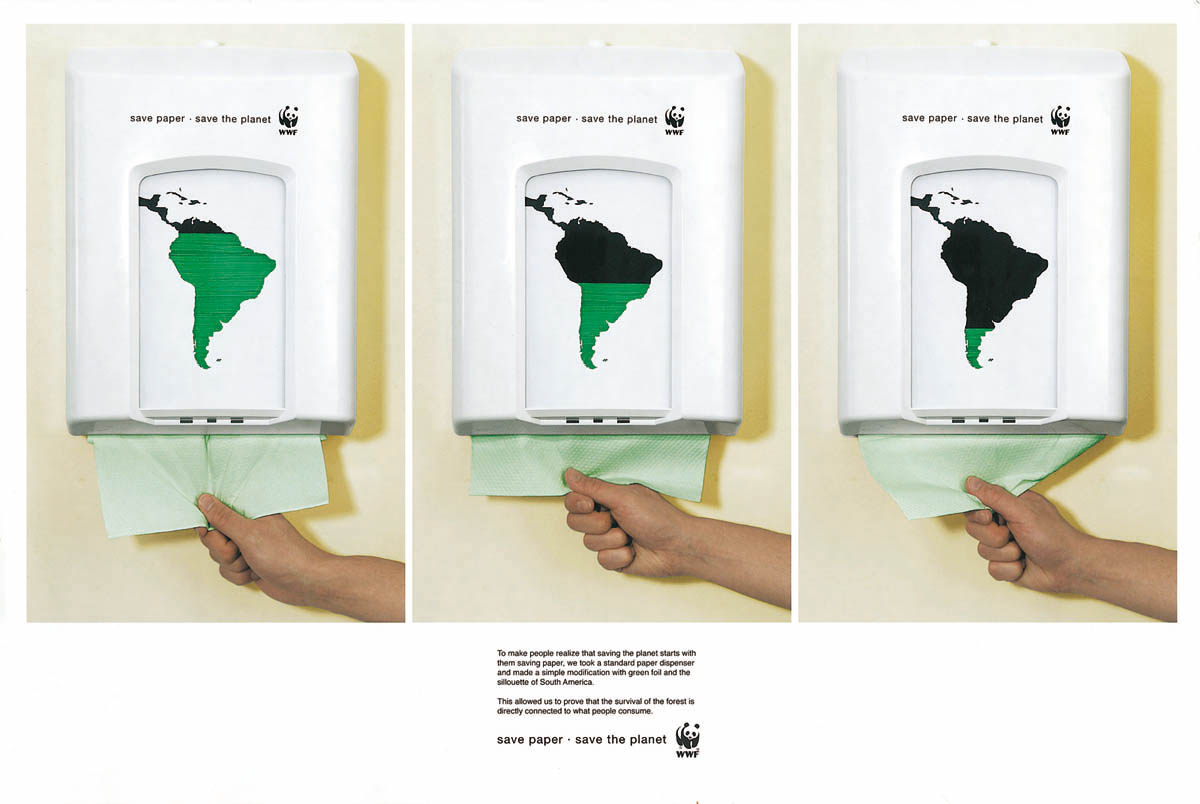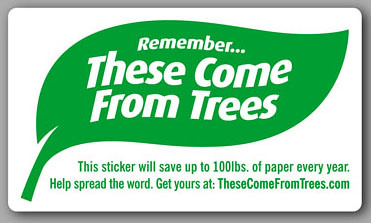Who's Naughty, Who's Nice
For the second year in a row, ForestEthics has published a holiday guide to who's naughty and who's nice in the catalog industry. Catalogs either get a reindeer/caribou, if they are "nice"; a fruitcake, if they're trying to change; or a lump of coal, if they are lagging behind in reducing their environmental impact from paper use. This month, over 70 actions were held at Sears stores in the US and Canada to raise awareness about the devastating impact on the endangered Boreal Forest of Canada of mailing 425 million Sears catalogs a year. If you're concerned, and wish that Sears would be more responsible, you can send a letter to the CEO, Aylwin B. Lewis, here.
This month, over 70 actions were held at Sears stores in the US and Canada to raise awareness about the devastating impact on the endangered Boreal Forest of Canada of mailing 425 million Sears catalogs a year. If you're concerned, and wish that Sears would be more responsible, you can send a letter to the CEO, Aylwin B. Lewis, here.
.jpg)













































